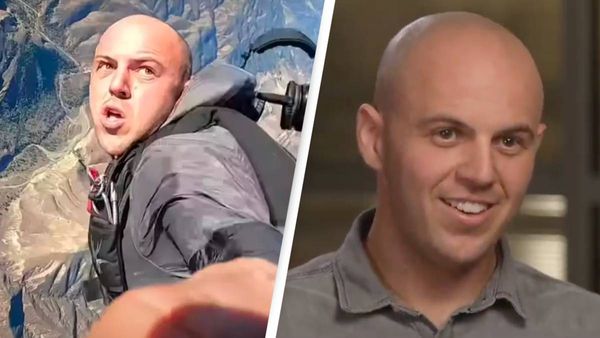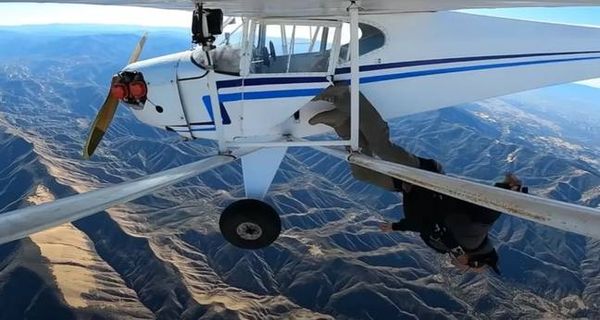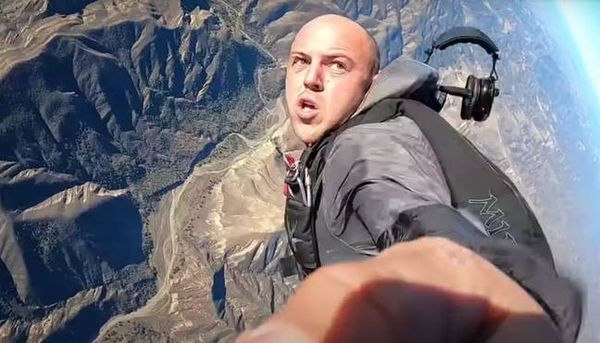
A famous YouTuber known for pushing the boundaries of entertainment recently found himself in hot water after intentionally crashing a plane for the sake of views and likes. Trevor Jacob, a former snowboard cross competitor and extreme sports athlete, uploaded a video titled ‘I Crashed My Airplane’ in December 2021, which quickly garnered nearly three million views.

In the video, Jacob portrayed the crash as an accident, documenting his escape from the “stalled” plane and capturing the moment of impact. However, viewers grew suspicious when it became apparent that Jacob made no attempt to safely land the aircraft. The incident raised questions about the authenticity of the crash.
In 2023, as part of a plea agreement, Jacob admitted to intentionally crashing the plane as part of a product sponsorship deal. He pleaded guilty to one felony count and faced charges for destruction and concealment of evidence. Prosecutors believed Jacob committed the act to generate social media attention and financial gain, calling his behavior reckless and unacceptable.

Jacob’s sentencing included six months in jail, with his term beginning on January 29, 2024. In anticipation of his time behind bars, Jacob recently spoke out about his actions, expressing surprise at the legal consequences. He claimed that he had no idea jumping out of the plane would break the law.
Reflecting on his mistake, Jacob took full responsibility for his crime but defended his decision to post the video. He explained that he wanted to share his gratitude for surviving the ordeal and hoped to discourage others, especially children, from attempting dangerous stunts for the sake of online attention. Jacob emphasized the importance of avoiding the allure of dopamine, adrenaline, views, and likes, urging viewers not to fall into that destructive cycle.

While some YouTube stars gain notoriety by bending the rules, it is essential to remember the potential consequences of pushing boundaries too far. Jacob’s case serves as a cautionary tale, reminding us all to prioritize safety, responsibility, and ethical content creation, both online and offline.




